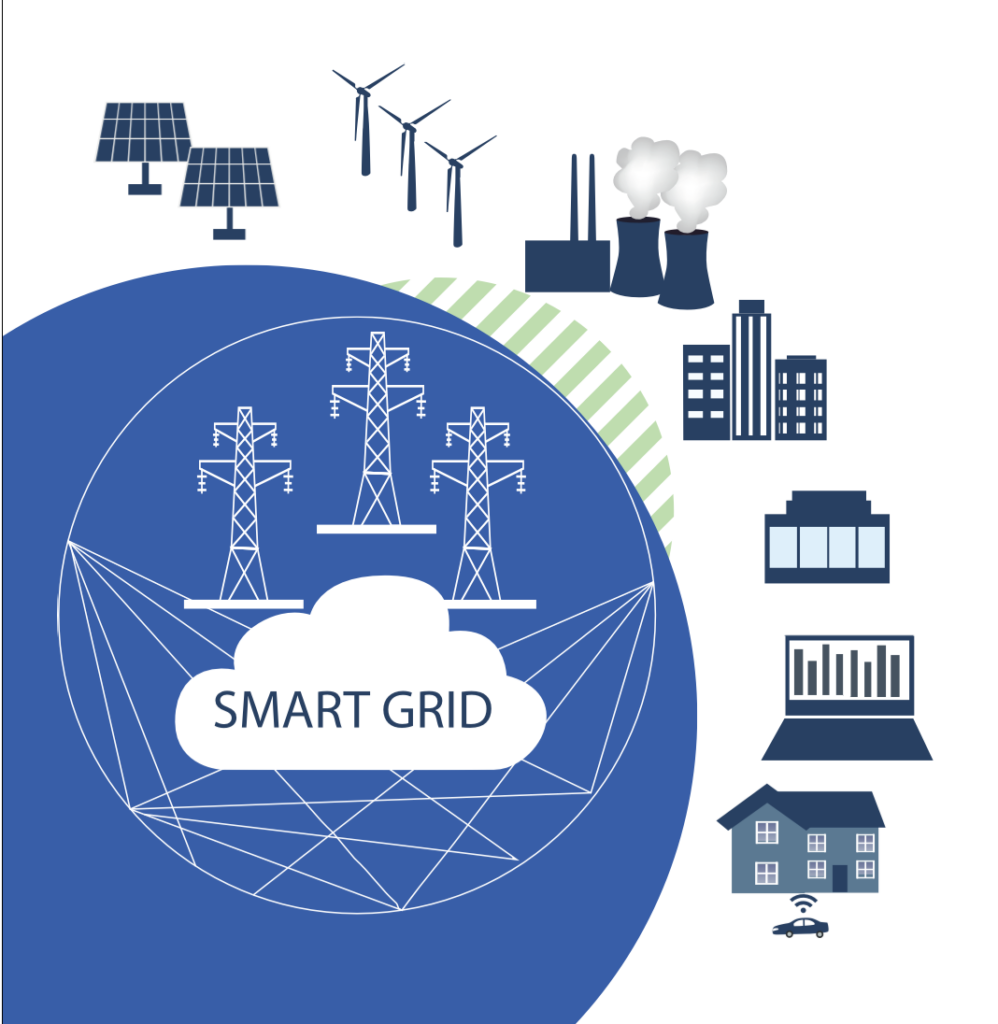
Empowering Energy: Smart Grid Technology Unleashed
Smart Grid technology is revolutionizing the way we generate, distribute, and consume electricity. This article explores the multifaceted benefits and transformative impact of Smart Grid technology on the energy landscape, ushering in a new era of efficiency, sustainability, and resilience.
Introducing Smart Grid Technology
Smart Grids represent a paradigm shift in the traditional energy grid system. At their core, they integrate advanced sensors, communication networks, and data analytics to enhance the monitoring and management of the entire electricity supply chain. This transformative technology goes beyond the conventional grid, offering a dynamic and intelligent energy ecosystem.
Enhanced Monitoring and Management
One of the key advantages of Smart Grid technology is its ability to provide real-time monitoring and management of the energy grid. Advanced sensors placed throughout the grid collect data on electricity usage, system performance, and potential faults. This wealth of information allows operators to make informed decisions promptly, preventing outages and optimizing grid performance.
Improved Energy Efficiency and Consumption
Smart Grids empower consumers with real-time information about their energy consumption. Smart meters enable households and businesses to monitor and adjust their electricity usage based on demand and pricing. This not only leads to more conscious energy consumption but also allows for dynamic pricing models, incentivizing users to shift usage to non-peak hours for cost savings.
Integration of Renewable Energy Sources
The integration of renewable energy sources, such as solar and wind, is seamlessly facilitated by Smart Grid technology. These intermittent energy sources pose challenges to the traditional grid, but Smart Grids adapt to fluctuations in supply and demand. They enable efficient storage, distribution, and consumption of renewable energy, fostering a more sustainable and environmentally friendly energy mix.
Grid Resilience and Rapid Response
Smart Grids enhance the resilience of the energy infrastructure. In the event of disruptions, whether caused by natural disasters or cyber threats, Smart Grids can quickly detect, isolate, and restore affected areas. The ability to reroute energy and respond rapidly to challenges improves overall grid reliability, minimizing downtime and ensuring a continuous power supply.
Advanced Grid Security Measures
With the rise of digitalization, ensuring the security of energy grids is paramount. Smart Grid technology incorporates advanced cybersecurity measures to protect against potential threats. Encryption, authentication, and continuous monitoring safeguard the integrity of the grid, preventing unauthorized access and potential disruptions.
Optimized Grid Planning and Expansion
Smart Grids facilitate data-driven decision-making for grid planning and expansion. By analyzing usage patterns, load distribution, and growth projections, utilities can optimize their infrastructure investments. This results in more cost-effective planning, reduced waste, and a grid that can seamlessly adapt to the evolving energy landscape.
Demand Response and Load Management
Smart Grids enable demand response programs, allowing utilities to manage electricity demand during peak periods. Through smart meters and communication networks, utilities can communicate with consumers to reduce or shift their electricity usage. This demand-side management not only improves grid stability but also avoids the need for building excess capacity to handle peak loads.
Consumer Empowerment and Participation
Smart Grids empower consumers to actively participate in the energy ecosystem. Through smart devices and apps, users can monitor their energy consumption, receive insights into cost-saving opportunities, and even participate in demand response programs. This increased awareness and participation contribute to a more engaged and energy-conscious society.
Challenges and Future Outlook
While Smart Grid technology brings numerous benefits, it also faces challenges such as initial implementation costs, interoperability issues, and concerns about data privacy. However, ongoing advancements and collaborations in the energy sector are addressing these challenges. The future outlook for Smart Grids is optimistic, with the potential to further enhance energy sustainability, efficiency, and resilience.
To explore more about Smart Grid Technology, visit alnewgetinfo.my.id. Dive into the world of Smart Grids, understand their transformative impact, and stay informed about the latest innovations shaping the future of energy.



